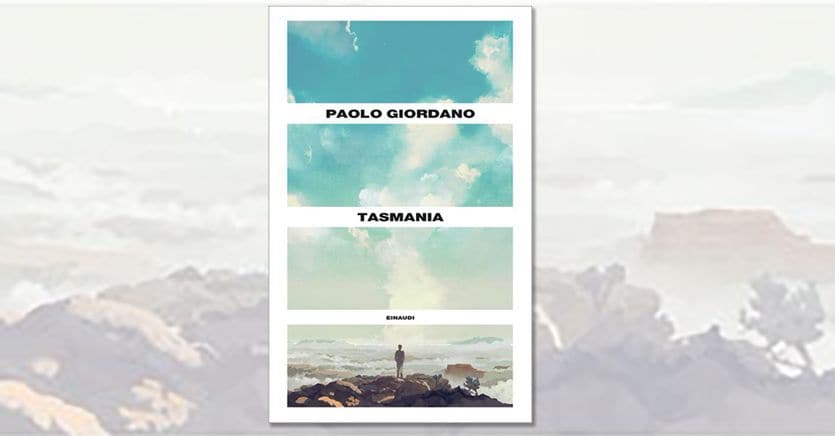Have you ever thought about the huge amount of metal spinning above our heads? You should. Because sooner or later all that swirling material in space could fall to Earth, like an asteroid shower. Or the migration of clouds towards the poles, leaving us at the mercy of ultraviolet rays? Or to the ailanthus, a shrub of Asian origin that is spreading menacingly throughout the planet “like a single immense plant organism”, imposing itself on the rest of the vegetation and threatening its extinction?
How many apocalypses announced! Global warming, Islamic terrorism, pandemics, the atomic threat, everything seems to bring us closer to the end of the world. Is this really our destiny? Is this the world we live in? Or is that what we prefer to believe in order to evade our true fears? And if the end of the world comes for real, where to find escape?
This is what Paolo Giordano (Strega prize in 2008) asks himself in Tasmania, his new novel (Einaudi, pp. 258, euro 19.50), staging his alter ego in the midst of an existential crisis. It’s an idle question, of course, but here’s the answer: Tasmania. The reason? “It has good freshwater supplies, is in a democratic state and is home to no predators for humans. It’s not too small but it’s still an island, so easy to defend. Because there will be defense, he believes me ”.
Exorcising fear
Speaking is one of the many characters who crowd the novel, Professor Novelli, a brilliant physicist who deals with climate models by studying the clouds and who firmly believes that the world is nearing its end. Obviously, even his answer is just a way to evade the question, exorcising fear.
The Apocalypse
According to the Clock of the Apocalypse developed by a group of atomic scientists, we would be approaching midnight, which symbolically coincides with the finis mundi: there would be just two and a half minutes left. Although, strictly speaking, one should speak of the “end of human civilization”, a very different thing. Because even if man disappeared “most of the other animal species would not even notice it”. These are Giacomo Leopardi’s words, written two centuries ago. All true, of course, but with due caution. We live in the midst of danger, no one can deny it.
